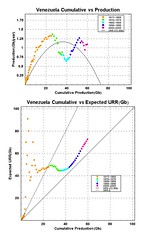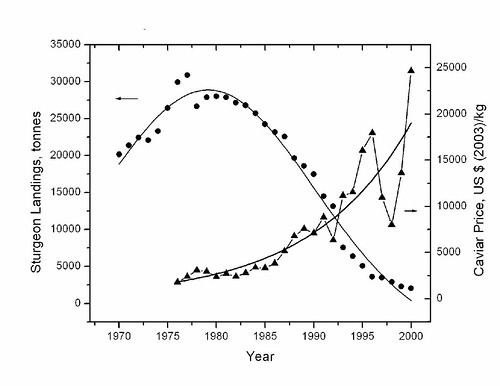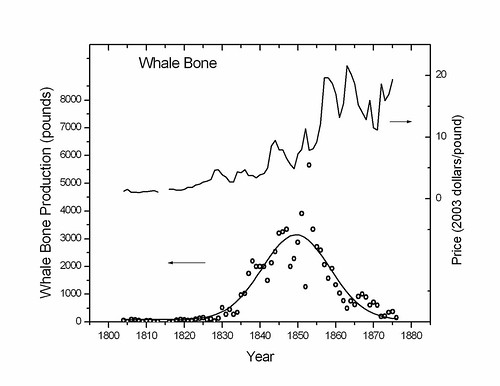A Modest Proposal
So the Neocons started with a plan, a plan theoretical on paper and untested in practice. The Neocons now actually have lots of plans, all likely doomed to failure.
Then we read this:
Iraq terrorist calls scientists to jihad
Al-Qaida-in-Iraq's leader, in a chilling audiotape released Thursday, called for nuclear scientists to join his group's holy war and urged insurgents to kidnap Westerners so they could be traded for a blind Egyptian sheik who is serving a life sentence in a U.S. prison.So's I've got my own plan, played around in my mind and show-room-floor modeled in this blog post. Rather concisely, my plan involves targetting all the scientists and engineers in fundamentalist, rapture-ready societies for special attention. I see the danger as too great and the consequences too dire for us to sit back and allow the leaders of these countries to try to advance their nuclear weapons capability. So the special attention I recommend involves a combination of (1) scaring the bat-sh*t out of every engineer that dares to get involved in the work and/or (2) actually rooting those people out with whatever means at our disposal.
The fugitive terror chief said experts in the fields of "chemistry, physics, electronics, media and all other sciences — especially nuclear scientists and explosives experts" should join his group's jihad, or holy war, against the West.
I base my plan on the premise that engineers and scientists everywhere have enough technical acumen and awareness to understand current events. I presume some fraction of these educated folks would quickly comprehend that the civilized world has placed a huge bounty on their heads and would act accordingly. As an engineer myself, and associating with other engineers for years, I know that cowards and self-centered bastards fill our ranks -- independent of country of origin. The minute they get wind of Western society's plans to eliminate their line of work, entire development teams would start to disintegrate. They would quickly disperse like sheets to the wind. I find it hard to believe that the remaining engineers, no matter how intense their jihadist beliefs, could continue building nuclear weapons in their basement.
It really would not take much effort to throw a huge wrench in the works of any fundie-ruled country if we put such a plan in place. Why bomb a weapons plant when you could easily accomplish the same thing with psy-ops and special forces?
 I could put the shoe on the other foot, and think how this would effect me if we turn the tables, and I and my fellow American engineers and scientists became targetted for the same treatment. Echoing Bush, I would say "bring it on". Deep down I believe that technologists that don't pursue rapture-relief objectives have a bit more cajones to stay the course. The other side would sooner piss their pants than support a cause that all their education contraindicates.
I could put the shoe on the other foot, and think how this would effect me if we turn the tables, and I and my fellow American engineers and scientists became targetted for the same treatment. Echoing Bush, I would say "bring it on". Deep down I believe that technologists that don't pursue rapture-relief objectives have a bit more cajones to stay the course. The other side would sooner piss their pants than support a cause that all their education contraindicates.Guarantee that if we put such a plan in place, our fear of weapons of mass destruction (at least of the nuclear kind) would soon dissipate. Put the producers of the TV show 24 in charge, give them some funding, and we needn't worry. High tech weapons such as these do not exist without a stable cadre of well-educated technologists running the show. We could then start worrying about nuclear-equipped places like Pakistan that have ambiguous motivations for keeping their arsenal.
And before anyone criticizes my plan, just consider how much the Neocons have accomplished with their own brilliant plans. Not.



 Big Gav has
Big Gav has 
 ... Thou anointest my head with oil; My cup runneth over. ...
... Thou anointest my head with oil; My cup runneth over. ...






 If it
If it  Look to the right for an endangered species. The hairy NASCAR freak. Fortunately, our continual world-wide oil depletion has likely stopped his de-evolution in its tracks. Instead, human selection will proceed in accordance with the highly advanced hairless prototype road-bikers who would gladly trade in their Lady Bics for a skin-tight model.
Look to the right for an endangered species. The hairy NASCAR freak. Fortunately, our continual world-wide oil depletion has likely stopped his de-evolution in its tracks. Instead, human selection will proceed in accordance with the highly advanced hairless prototype road-bikers who would gladly trade in their Lady Bics for a skin-tight model.

 Best deal on an amazing piece of engineering: the $25 dollar
Best deal on an amazing piece of engineering: the $25 dollar 






